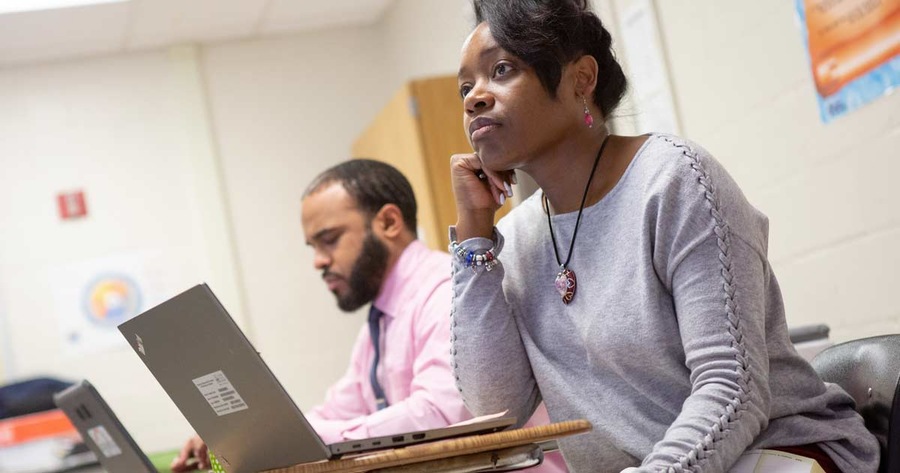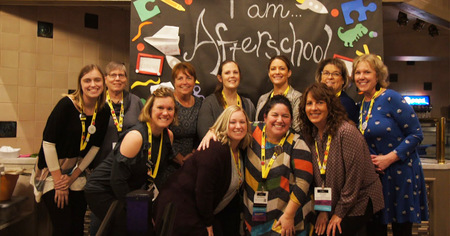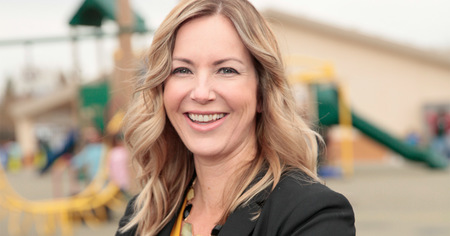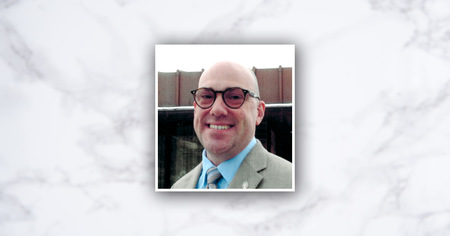"The immediate moment after the spring closures and stay-at-home orders, it brought back many powerful memories for me of the days and months after Hurricane Katrina," said Warner. "There was so much uncertainty, so much worry, so much anxiety. And in the midst of these overwhelming emotions, there remained a powerful need to serve—because that's what we do."
Despite our own circumstances and challenges, Warner continued, those who work in the afterschool field are driven by the need to serve our children and our communities.
"Where We Were, Where We Are, Where We Are Going is not just the title of this Summer Institute Symposium—I think it's a question we're all asking ourselves, multiple times a day," Warner said, prompting those listening to ponder: How do we live in these moments of overwhelm and uncertainty and still manage to serve and lead?
"When I thought about how to support our members struggling with these issues, I knew—from my own personal experience—that it was important to acknowledge and address the moment," Warner explained. "But I knew we also needed to look toward the future—even if we don't know exactly where we are going, we do need to think about how to move forward."
In May, NAA started Let's Talk the Future of Afterschool, biweekly virtual events that connected the NAA community. Attendees could hear directly from the field and determine the best way to lend support and leadership.
"The conversations were insightful, powerful, and action-oriented—and their value only increased as we saw communities around the country rise up against racism and violence directed at our Black and Brown friends and colleagues," Warner said.
The result? The feelings of uncertainty and being overwhelmed—underpinned by a desire to serve—became more urgent.
"The National Afterschool Association is the professional member association for those work with and on behalf of youth in their out-of-school hours—which is pretty much all the time now," said Warner. "So as the professional member association for our field, we had to ask ourselves: What does this moment mean for us as professionals? How can we help our members lead and serve when the opportunities and challenges of everyday life feel overwhelming?"
Warner explained that though NAA could certainly continue to host conversations and compile and share resources as they have been, she knows this moment calls for something more—which is found in the NAA Code of Ethics.
"The purpose of the NAA Code of Ethics is to raise awareness of our personal commitment to ethical conduct in our work," said Warner. "It focuses on four foundational relationships found in our work: our relationships with the children and with the families we serve; the colleagues with whom we work; and the community in which we live. Each principle included in these focus areas identifies practices we can employ to strengthen and affirm our commitment to the core values of the field of afterschool."
Each of the four sections, Warner pointed out, begins with: We dedicate ourselves to these principles ...
"Just saying that right now gives me chills, because I know these are more than just words. I know they represent the very dedication that drives each of you every single day," Warner said. "Please take time to read all of the principles and reflect on how you can best practice them in both your personal and your professional life."
Warner stressed for those listening to commit to the principles, draw strength from them, and allow them to guide and inform all they do.
"We may not know where we are going—in fact, I'm pretty sure we don't—but what do we know?" Warner asked. "We know our role, our opportunity, our responsibility, our dedication to the principles, will make a difference for the children and families we serve, our colleagues with whom we work, and the communities in which we live.
"Thank you for all that you do every day to live and practice these principles of our profession."
Courtesy of NAA.
Photo courtesy of Allison Shelley for American Education: Images of Teachers and Students in Action.




